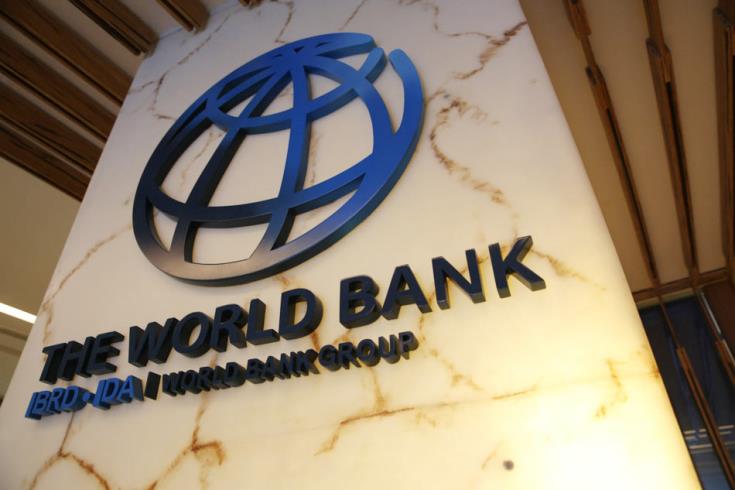The coronavirus pandemic is probably the biggest shock the world economy has suffered in the last century, the World Bank said in a report on a fair recovery. As fiscal, monetary and economic incentive programs are withdrawn, new policy challenges will emerge both domestically and internationally, he said. Therefore, early diagnosis of the financial consequences of the crisis and decisive action to cure them are necessary to maintain a fair recovery. "There is no room for complacency," he concludes.
Addressing the interrelated financial risks posed by the crisis is a precondition for a sustainable and equitable recovery, the report said. This requires the timely identification of problems in the balance sheets, as well as active management of financial and budgetary risks. Ideally, he suggests, governments would pursue appropriate policies to address any problems highlighted by the crisis: financial instability, household and business over-indebtedness, reduced access to credit and emerging national debt.
But the World Bank estimates that few governments have the resources and financial resources to address all of these challenges at once. States need to prioritize the most important policy actions they need. For many low-income countries, tackling unsustainable national debt should be a top priority. Middle-income countries, whose economic sectors are more exposed to corporate and household debt, may instead need to focus on policies that support economic stability.
The report states that the prospects for recovery of a state will be shaped by the events of the world economy. An example is fluctuations in commodity prices, which are an important source of income for many emerging economies. Another example is the risks to exchange rates and interest rates that may arise as economic activity recovers in developed countries and incentive programs are withdrawn, with central banks restricting global liquidity and raising interest rates.
According to the World Bank, these global developments expose households, businesses and governments to emerging economies at financial risk. A carefully selected policy must take into account both domestic and global threats to a fair recovery.
At the same time, the need to address the dangers posed by the pandemic offers a huge opportunity to accelerate the transition to a more efficient and sustainable global economy. The climate crisis is a major source of neglected risk to the global economy. It is argued that failure to manage these risks will result in continued mispricing of assets, misallocation of funds and a vicious cycle in which climate change will be exacerbated by rising financial instability.
